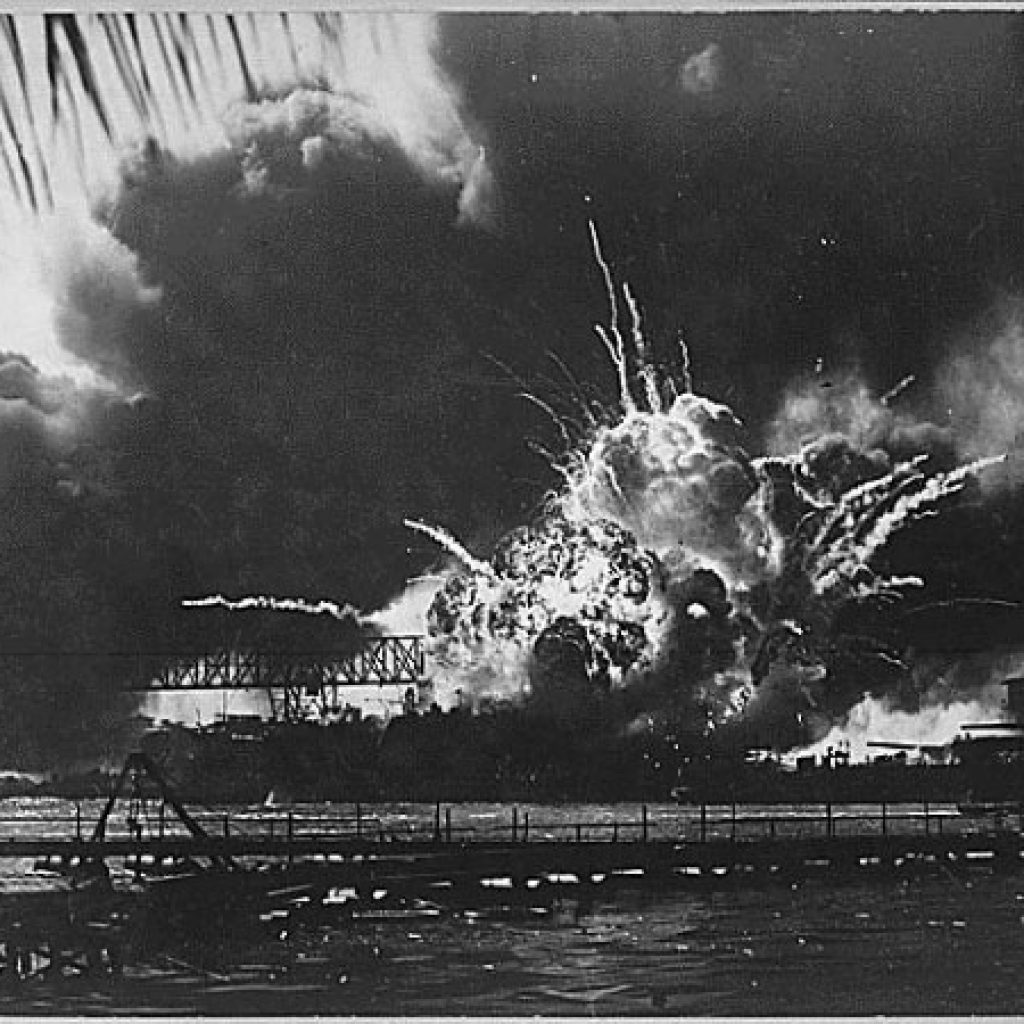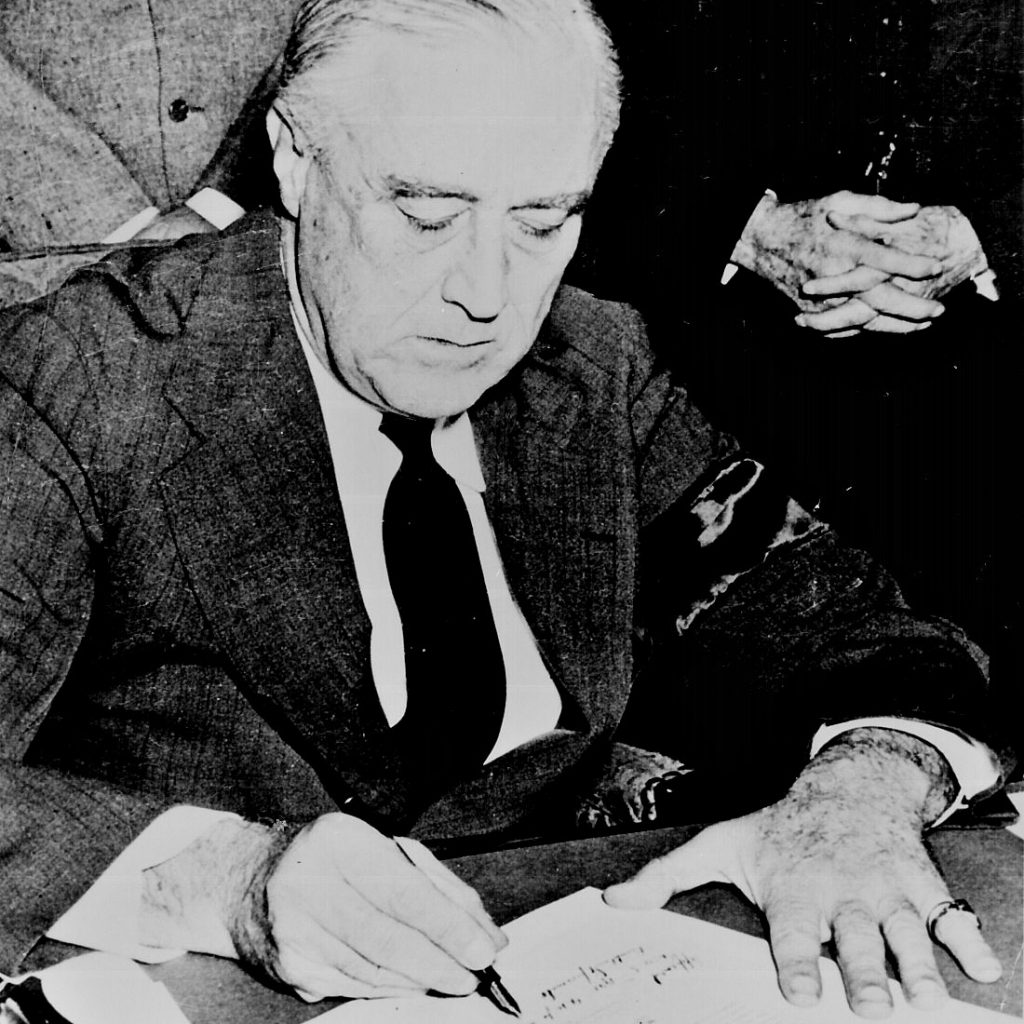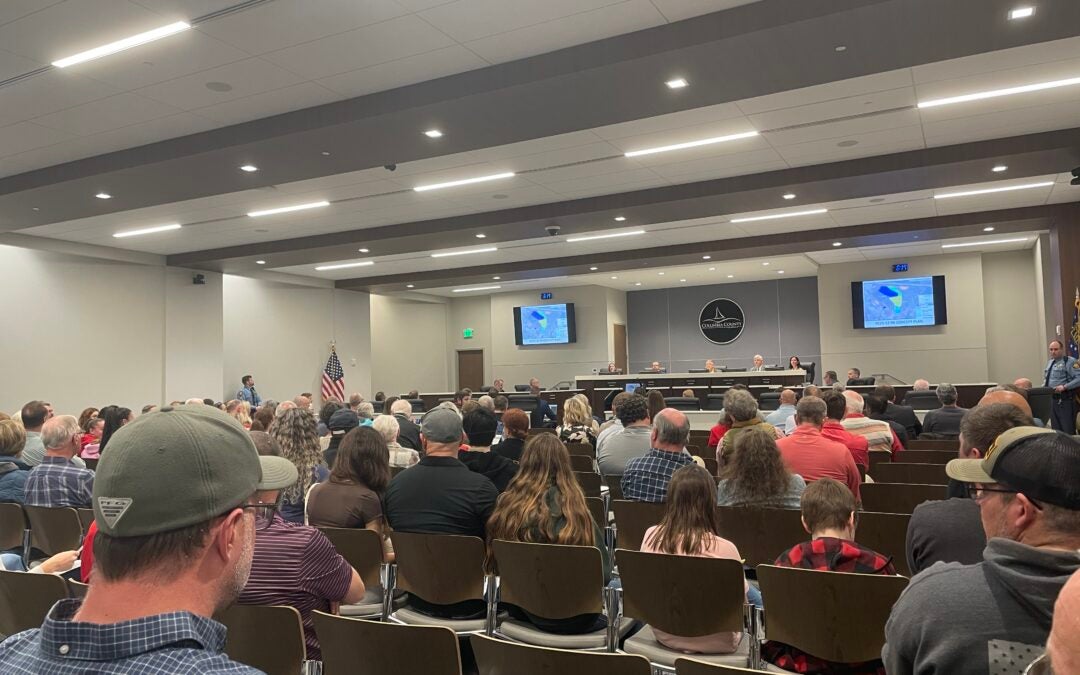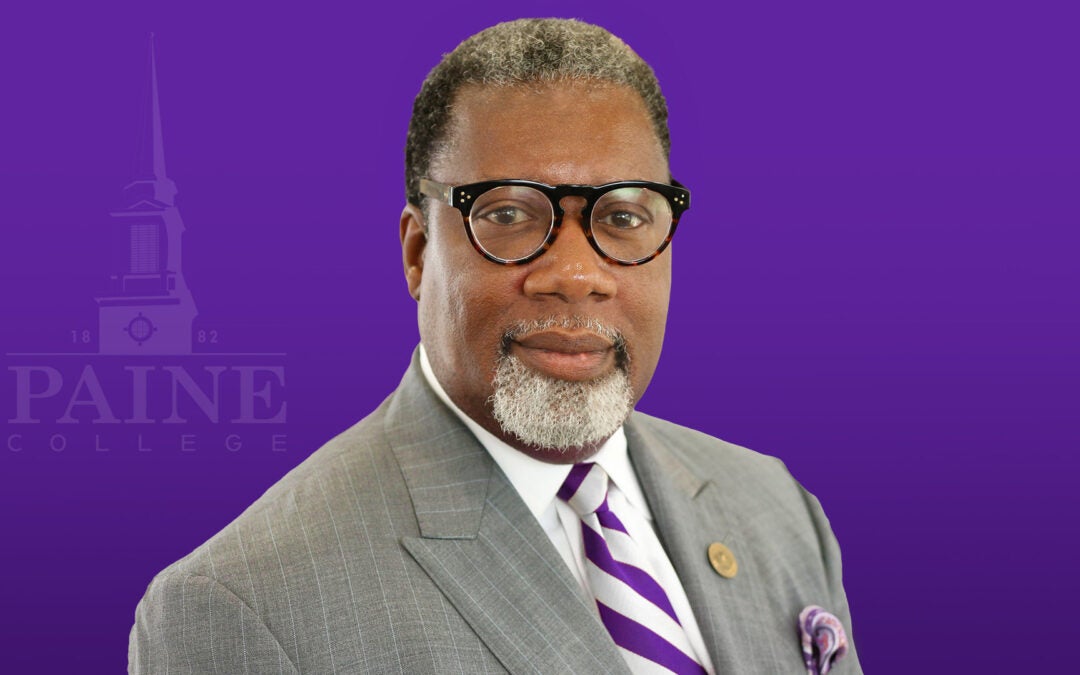A few years ago, I had the privilege of participating in a book project (In Their Own Words) dedicated to our area World War II veterans. The stories were fascinating. No matter how much their suffered, they made it back. No matter how much their families had to do to help them, their families saw them again.
Memorial Day is not for the veterans we wrote about, though. It is for those people who did not make it back, whose families never saw them again. Memorial Day recognizes two horrors: death in battle and the agonizing, futile wait of the families. No short comment can possibly encapsulate the misery.
My mind is always drawn to the Sullivan family, who lost all five of its sons when one ship sank, and the three sailors trapped in a watertight room in the sunken USS Virginia for more than two weeks; we knew they were there, but there was no way to get them out.
More from Hubert van Tuyll: Marx and Friends
But there is another story to be told, to honor the memory of the 400,000 Americans who died in the war. That is the story of the war. If we understand it, we may be able to prevent recurrences, and, perhaps more importantly, we may be able to stamp out myths about the war.
Fred Gehle, the leader of the Augusta WWII veterans’ project, had long encouraged me to visit the World War II Museum in New Orleans, and I finally did so when retirement gave me the time. It was well worth the trip. Despite teaching military history for 35 years, I learned much during my visit (who knew that Charles Lindbergh was an anti-semite?).
But not everybody has the time to read a library full of books about World War II or visit museums. So here are a few things about the war that we should consider while we honor our dead.
Two things to keep foremost in our minds; we won, and the cost was relatively modest. It might not seem so, but 400,000 dead out of a population of 140 million is dwarfed by the 750,000 who died in the Civil War when the U.S. population was only 31 million. The Soviet Union’s 26 million dead in WWII seems almost obscene by comparison. Or to put it another way, it could have been much worse. The biggest reason it wasn’t is simple; we were better prepared for World War II than we were for the Revolutionary War, the War of 1812, the Civil War, the Spanish-American War, World War I, Korea or Vietnam.
[adrotate banner=”19″]
President Franklin Roosevelt had suspected for years that war was inevitable. He was not plotting to get the USA into a war, but between Japanese imperialism and Hitler’s increasing demands, he realized that staying out of the global conflict was probably impossible, and worse, dangerous. If Japan and the Nazis completed their conquests, destruction of the United States might be inevitable.
However, public opinion before Pearl Harbor was anything but supportive of entering the war, or even of preparing for it. A strong isolationist movement condemned any preparations. Those who opposed preparing for war argued that preparations made entry into war more likely. Rather than following public opinion, Roosevelt chose to lead.
He built up the military as much as the public and Congress would let him. By December 1941, the United States had 1.4 million men in the Army alone, and that number would have been higher if the generals had not asked Roosevelt to slow down the draft calls — you could only train so many men at a time. Roosevelt was also a great supporter of military aircraft production, and his commitment to the Navy was legendary (he had served six years as assistant secretary of the Navy and had hoped to be a naval officer at one time).

Photo courtesy the National Archives.
Our level of preparedness tends to get obscured by the surprise attack at Pearl Harbor, which leaves an image that we were unprepared. We were — but only unprepared for getting outsmarted by the Japanese. Sometimes the details will get you.
Torpedoes were regarded as absolutely necessary for attacking battleships (correct) and Pearl was too shallow for torpedo attacks — the mechanical fish had to dive too deeply. Alas, the Japanese invented a better torpedo, one that did not have to dive as deep. Everybody “knew” that the Japanese were going to attack somewhere, but the Pacific Ocean is a big place. Maybe the best explanation of our level of preparation is this: the period between the attack on Pearl Harbor and the moment that the Imperial Japanese Navy suffered a crippling blow was only six months in length.
Another thing that kept the war from being worse was American strategy before and after Pearl. The United States managed to stay officially neutral for much of the conflict. Before Pearl, the United States flexed its economic muscle through the Lend-Lease program, supplying military and civilian needs to countries “resisting aggression.” By the time America became a belligerent, the war was about 40% over. Hitler’s armies were bogged down in Soviet Russia, and the Japanese, while successful, were also severely overstretched.
[adrotate banner=”22″]
It also meant that Japan could be forced to surrender in August of 1945 as a result of the atomic bombings and the Soviet attack on Japanese forces. This was only three months before Operation OLYMPIC could have begun, that being the first American ground invasion of Japan (the second one was planned for early 1946). If that attack had happened, our losses might have exceeded all others.
Our strategy was also good because we fought as part of an alliance (called the United Nations), and we took our allies’ needs into consideration at every turn, without disadvantaging ourselves while doing so. Here’s something interesting to contemplate: we almost invariably do better in wars when we fight as part of an alliance.

We did well in World War II for many other reasons. This being Memorial Day, we need to acknowledge the courage and sacrifice of our honored dead. Without them, victory would have been impossible. Ordinary soldiers, sailors and airmen win a war. Our troops only evened up the struggle; the Axis troops, whatever else they were, were not weenies. What did make a difference were the blunders made by the Axis countries. I will mention only one, because it is relevant in an age when Americans are having so many important conversations about race.
From 1933 (when Hitler came to power) until 1941, the German military attaché in Washington was Gen. Friedrich von Boetticher, an officer with Nazi sympathies. He sent reports back to Berlin claiming that the United States was military weak because its population was “mongrelized” and that Americans would never fight because they were angry that Wall Street banks were under the control of Jews. This was complete nonsense, but Hitler and other Nazi leaders read his reports with great enthusiasm, and those reports led Hitler and others to underrate the United States as a potential enemy.
This was also true for different reasons in World War I, when enemy military leadership gave little credence to America as a potential enemy, which brings me to an odd historical coincidence. In our three biggest wars, our presidents were never able to explain or be questioned about their decisions. Lincoln was assassinated just as the Civil War was ending; Roosevelt died a few weeks before Nazi Germany surrendered; Wilson outlived World War I by five years, but his rapid mental decline began during the postwar negotiations (and maybe even earlier), so what he said later was of little consequence.
More from Hubert van Tuyll: Were Confederates Traitors?
Honoring our war dead is important for many reasons. It should remind us that wars cannot be fought and won without a willingness to lose lives. We have benefitted enormously in modern times from fighting far away. Distant wars have prevented the United States from ever suffering the kind of civilian losses experienced elsewhere. Those losses have been avoided due to our service people fighting and dying overseas — where their sacrifices are not forgotten.
In many European countries, volunteers still take care of the American cemeteries. The losses should lead us elect politicians, whenever possible, whose international focus is cooperation, not confrontation. It should also teach us to remain prepared for war at all times. But most of all, we should simply remember our soldiers killed in wars, their suffering and death, and what their families went through.
Hubert van Tuyll is an occasional contributor of news analysis for The Augusta Press. Reach him at hvantuyl@augusta.edu.
[adrotate banner=”37″]








